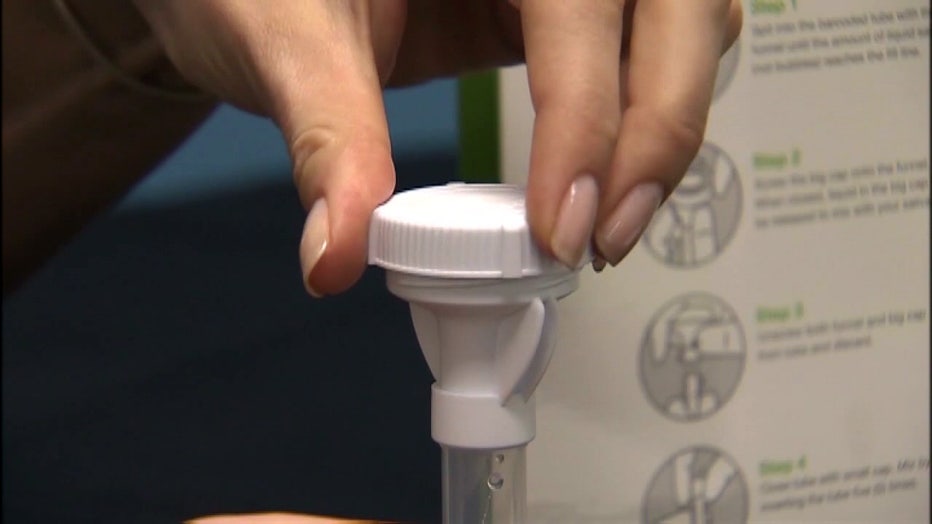Expert on DNA kits: 'If you do this, you're taking a chance'
TAMPA, Fla. - At-home DNA kits have been credited for the emotional embraces of family members meeting for the first time. However, in the past week, concerns have surfaced regarding how private the tests are.
"It's more than just swabbing your cheek," said Jeffrey Garbus with Soaring Eagle Consulting.
The Pentagon recently issued a warning that advised military members against using the at-home kits, citing privacy and security issues as a major concern.
"The Pentagon is concerned this can be used to identify undercover agents, can be used to identify weaknesses in people, can be used to identify what a good biological or chemical attack may be on a particular group," said Garbus.
However, for the thousands of people who found one of the DNA kits under their Christmas tree this year, experts warn there could be a risk for them as well.
"There's a database out there which is not protected by HIPAA, which is not protected by very specific laws, but has your biological DNA in it, and that has information that can be decoded," Garbus explained.

There's concern there might not be enough safeguards in place to protect your personal data, along with fears it might end up in the wrong hands.
"There's a lot of different directions the information goes," said Garbus. "Which means there's a lot of different organizations that need to protect your information. Red vs. blue, the hackers always win."
Popular companies like 23andMe and Ancestory.com state in their privacy policies that they won't distribute information you don't want shared. However, it is still a situation of blind trust.
"If you do this, you're taking a chance," said Garbus.
Some states have taken their concerns a step further by attempting to implement laws that would protect DNA data from prying eyes, including law enforcement.

